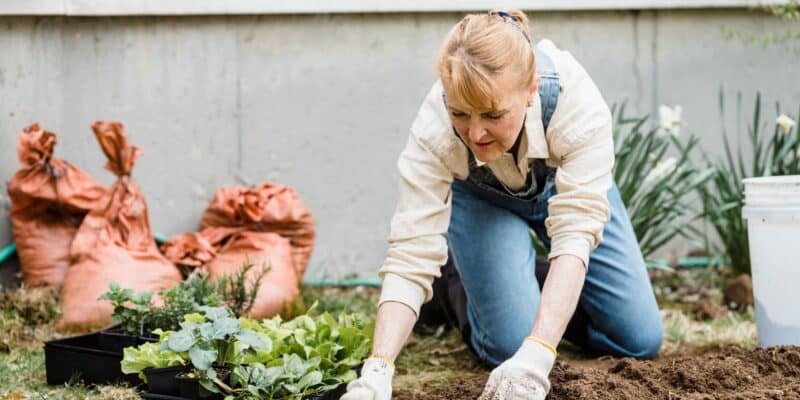Working in the garden can be compared to playing sports, so it should be treated very seriously and responsibly, because insufficient preparation or overwork can harm yourself. Joint pain and injuries may be the first signs that you need to protect yourself.
It’s not a competition
Unless you visited the gym, ran or actively skied in winter, your body has recovered from physical exertion, so you should not overdo it when working in the garden. It often happens that in spring the weather is cold and unpleasant for a long time, then it quickly gets warm and you want to do all the delayed garden work as soon as possible. However, you should not rush into work, but act slowly and thoughtfully. But if you have to rework, and the next day all the edges hurt, you should not curl up on the sofa, but continue to move and work slowly. And it’s always good to remember that gardening is not a competition with yourself or your neighbors, and during it you have to think not only about the upcoming harvest and beautiful flowers, but also about your health.
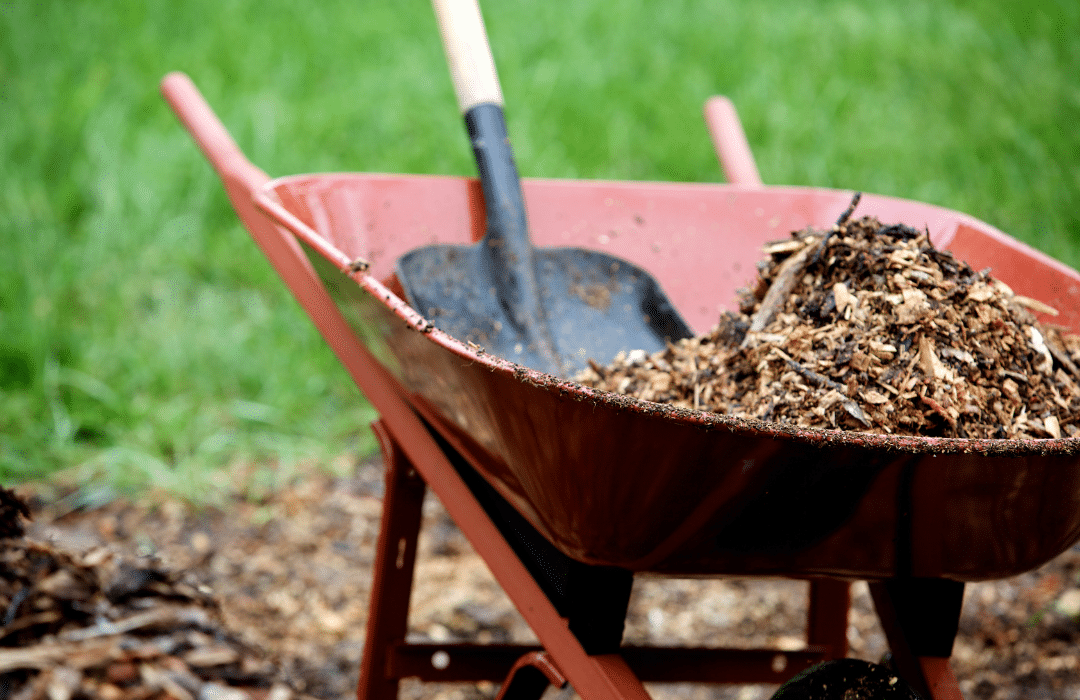
Preparation is important
So that working in the garden does not end with severe joint, back and muscle pain, it is necessary to prepare the body for physical work, just like before training. First you need to warm up the muscles and improve the blood circulation in the whole body – round the feet and wrists, tighten the fingers into the knuckles and then stretch straight and stretch like a cat. Get up on your toes and try to reach as high as you can with your fingers; spread your legs and stand close to the ground with your hands. When performing these exercises, choose a stable base so that your feet do not sink into the soft ground. Do not forget to exercise your knees, elbows, shoulders, hips and back, as these parts of the body are under a lot of stress when gardening. Bend both arms at the elbows and round the shoulders, then round the pelvis as well, then squat a couple of times. Only after warming up is the time to start gardening.
No, for one type of movement
When planning garden work, it is good to think about the fact that the whole day is not devoted to only one type of work. For example, if you spend the whole day raking or sowing grass, you will overload only the muscles involved in these activities, so they will most likely be sore the next day. So that one muscle group is not overloaded and the other is not, change the activities and take a 5-minute break every hour, but take a longer rest after 2-3 hours.
You should not be stuck in one position for a long time while doing some work, for example weeding only while bending down, but occasionally do it sitting, after a while squatting or even lying down, after a while with a hoe on a long handle.
Some gardening tasks, like sowing, planting, and weeding, might require kneeling, a position beneficial for the back but quite taxing on the knee joints. Because of this, it’s important to avoid staying in this position for extended periods.
You should look for a very low stool in the shops, because it is very useful in the garden. It can be used both when weeding and picking berries – you can sit on it, or put one leg on it, thus changing your posture, if you have to do some work while standing for a long time.
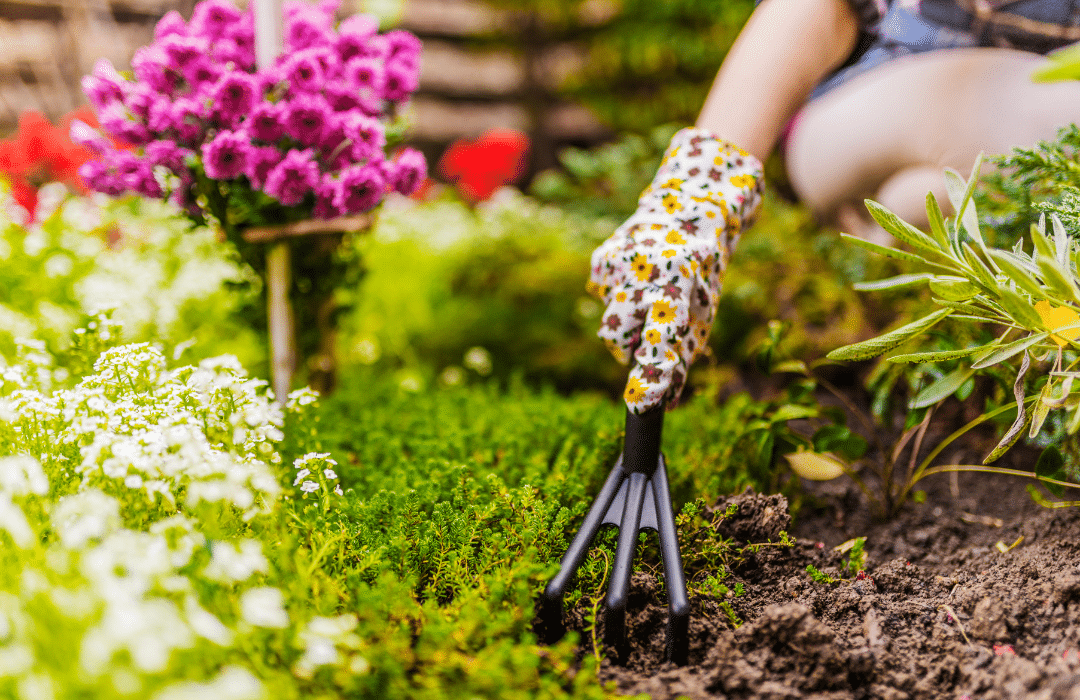
Be careful with heavy lifting
When working in the garden, you cannot avoid lifting various weights, even a watering can filled with water can be the cause of injury. Therefore, it is very important to remember to lift weights correctly, or in a way that does not harm your health. First of all, you should use both hands, because then the weight is evenly distributed on both sides of the body. Secondly, you should squat a little, thus easing the load on the lower back. Third, when lifting a weight, always complete the movement and not turn to the right or left until the back is fully straightened.
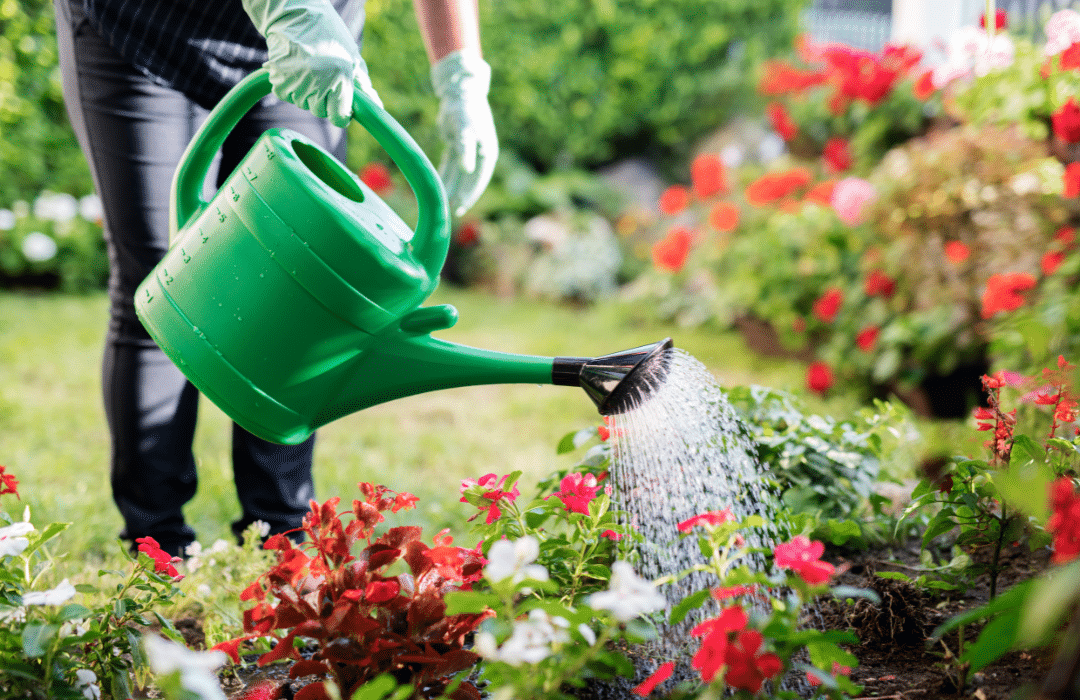
Balance of sun and water
Most garden work is a burden on the body, besides, in the warm spring sun and from physical exertion, sweat is released more, so in no case do not forget to drink enough water. Don’t forget to put a hat on your head and smear the exposed parts of your body with cream with sun protection filters. It is best to spend the morning hours until eleven o’clock or after three in the afternoon for gardening.
Stretch and relax
When all the scheduled tasks of the day are finished, exercise your muscles and joints, pay special attention to your legs, arms, hips, shoulders and back. Stretching can do the same exercises as starting gardening. In addition, it is recommended to perform a couple of exercises for the neck, because when sowing or weeding, the head is bent down for a long time, causing an overload in the muscles of the neck. You can proceed as follows: while exhaling, slightly tilt your head to the right, bringing your ear closer to your shoulder, then return to the starting position, then tilt your head to the left. The exercise is repeated 7 times on each side. The following exercise will also be useful: cross your hands behind your head, while exhaling, gently push your head down with your hands close to the chin to the sternum. Do not bend your back! Keep your head down for 5 seconds; in this position you should feel a stretching sensation in the back of the neck. Slowly return to the starting position. Repeat 5 times. The spine is very sensitive, so perform the exercises slowly and carefully. If you start to feel dizzy during this, stop immediately.
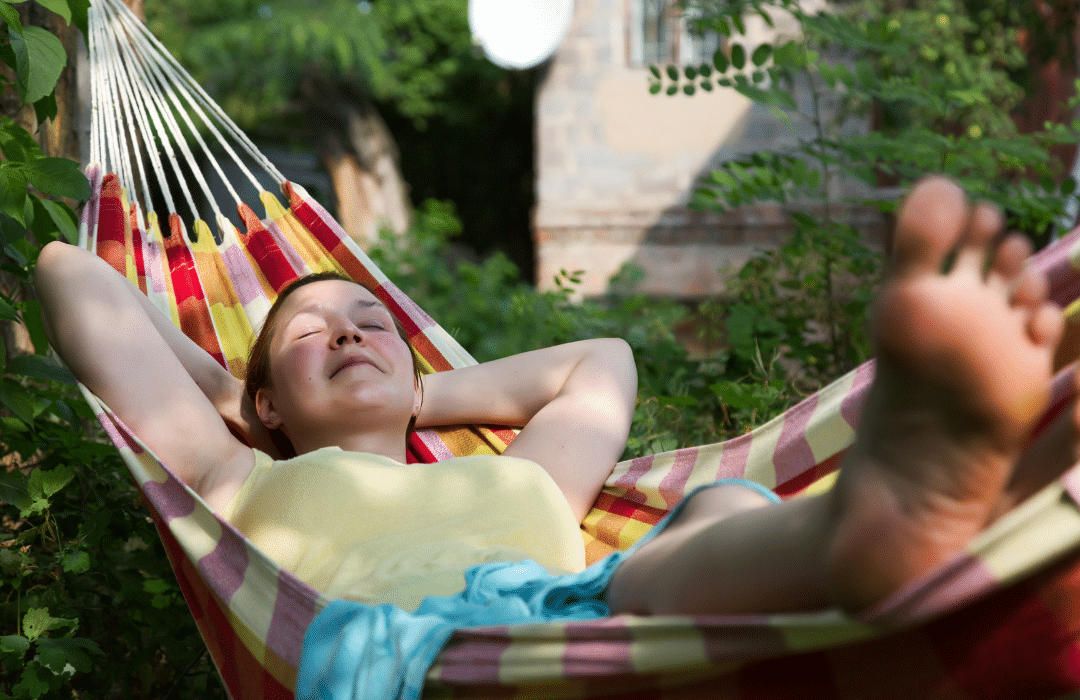
MAGNEFlex will help
Along with moderate exercise, MAGNEFlex is a modern addition to everyday life for anyone who cares about their bone and joint health and wants to maintain normal muscle function. The composition of MAGNEFLEX combines science, experience, doctor’s support and innovation and will be available in our e-store from August.
The main advantages of MAGNEFlex
- Provides high-quality and pure articular type II collagen, which is the main natural component of articular cartilage and which the latest research recognizes as one of the most effective means for maintaining health and against inflammation in the joints;
- Contains magnesium and vitamin D to promote normal muscle function and help with cramps, and vitamin D will maintain bone health, which is important for ALL joint health; while vitamin C and B6 provide a synergistic effect;
- Effective for use by a wide range of people: people with long-term physical exertion on a daily basis and athletes whose bodies are subjected to intense daily stress; for people with excess weight and therefore excessively strained knee, hip and spine joints; for elderly people; patients with movement problems, etc.;
- It is easy to use, because one capsule contains a carefully selected composition of active substances, created in cooperation with the recommendations of Latvia’s leading orthopedists.
